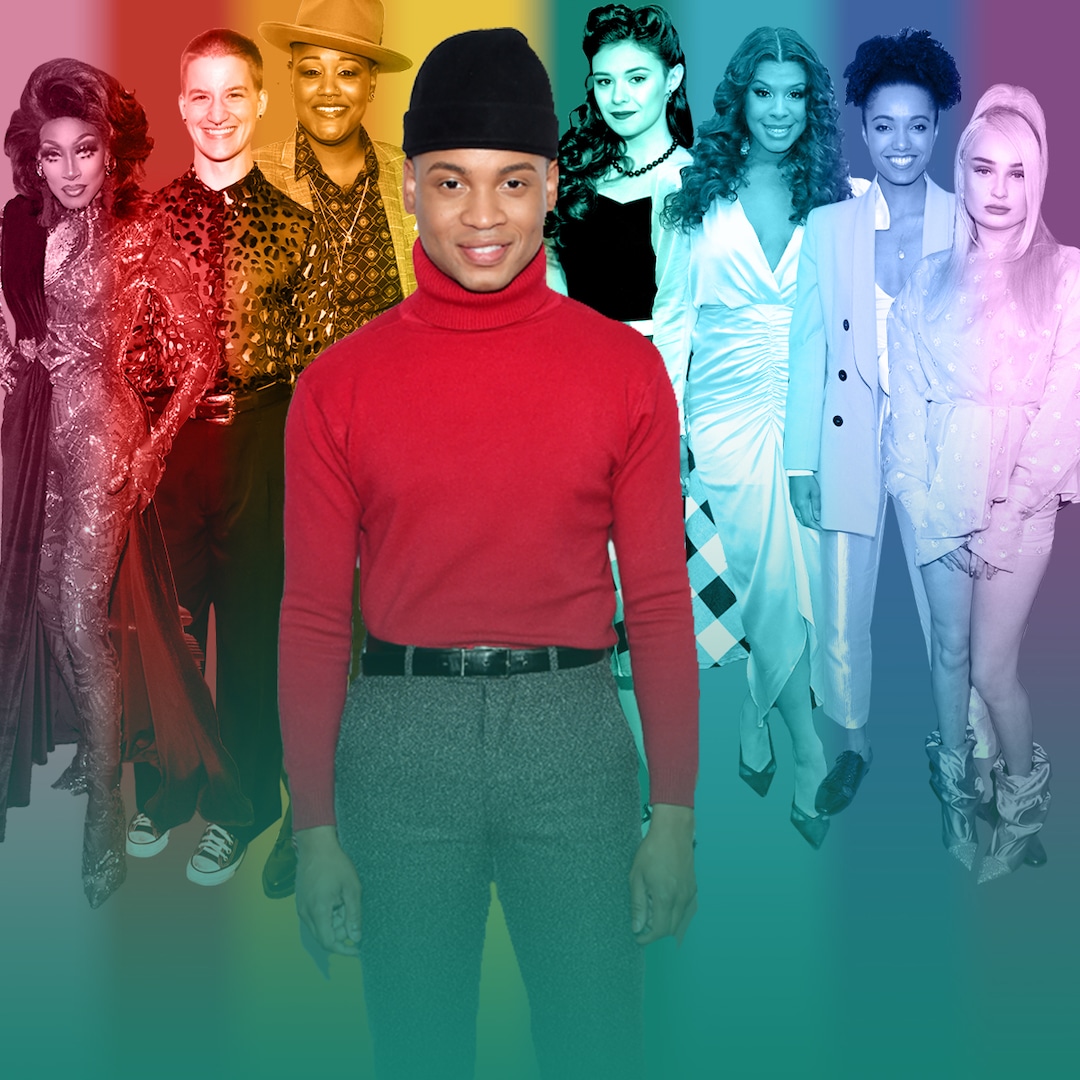
As we find ourselves in a Pride season unlike any other, with the country battling a pandemic while rising up to tackle the systemic oppression that’s plagued Black Americans for decades, how has your personal definition of Pride changed or shifted this year?
It hasn’t. I think that’s what is so gratifying for me. My entrance into this celebration of my community is that I’ve always understood it to be an act of service and a call to action. I think what has happened this year is, by far, a cocktail of immense proportions. You have a virus that is sweeping through the world whilst also awakening to an oppressive system that is not only felt here in the USA, but also all over the world when we think of the globe’s relationship with black and brown bodies. So I think my personal definition has always been, since I am a research buff, a call to action, an activation around the work that was laid out before I was even conceived, each and every day. And to carry the baton to the next checkpoint. And I hope everyone—from politicians, essential workers, and artists—understand that this cocktail of immensity is the best drink and check-in we could have ever had.
How do you explain the importance intersectionality to family, friend or fans who support Black Lives Matter, but routinely leave Black trans people like Tony McDade, Nina Pop and Iyanna Dior out of the conversation?
You cannot be for Black lives if you aren’t for all Black lives. Simple. You are a part of the problem if you have found within your own community a sort of caste system. It just shows everyone how powerfully oppressive and sometimes successful the act of white supremacy has been on black and brown bodies. If you are engaging in those type of antics, you are choosing the side of the oppressor. Don’t be stupid.
Be the first to comment